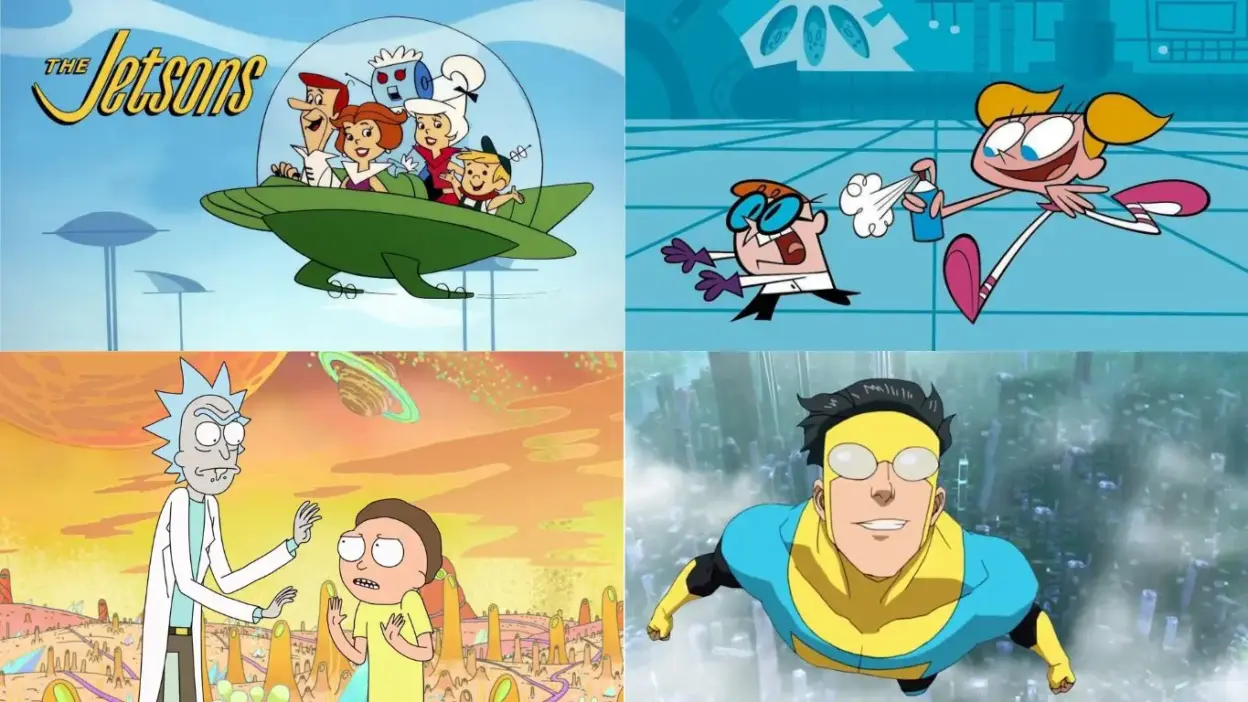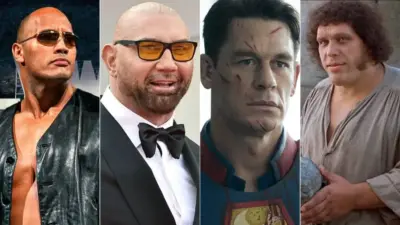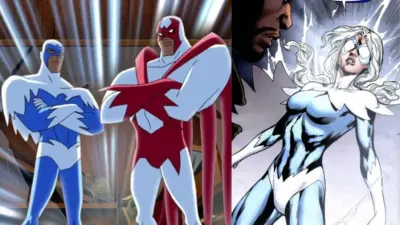- Its blend of sharp wit, visual creativity, and narrative complexity make “Rick and Morty” a seminal series i…
- What makes “Cowboy Bebop” iconic is not just its slick animation and action sequences but also its deep, emo…
- While primarily aimed at younger audiences, “ReBoot” offered enough complexity and depth to captivate older …
- The show follows Jack, a samurai flung into a dystopian future by the shape-shifting demon Aku.
- Throughout its run, “Samurai Jack” managed to weave together elements of science fiction, mythology, and dif…
- However, beneath its colorful, childlike exterior lies a series rich in complex themes, emotional depth, and even existe…
Top 10 Sci-Fi Animated Shows of All Time: Science fiction and animation are two mediums that seem destined for each other, combining the limitless possibilities of both genres to create something truly extraordinary. From philosophical undertones to mind-bending theoretical concepts, the best sci-fi animated shows not only entertain us but also challenge our perceptions of reality. They invite us to traverse intergalactic dimensions, delve into complex human emotions, and confront ethical quandaries, all from the comfort of our couches.
Top 10 Sci-Fi Animated Shows of All Time
Rick and Morty
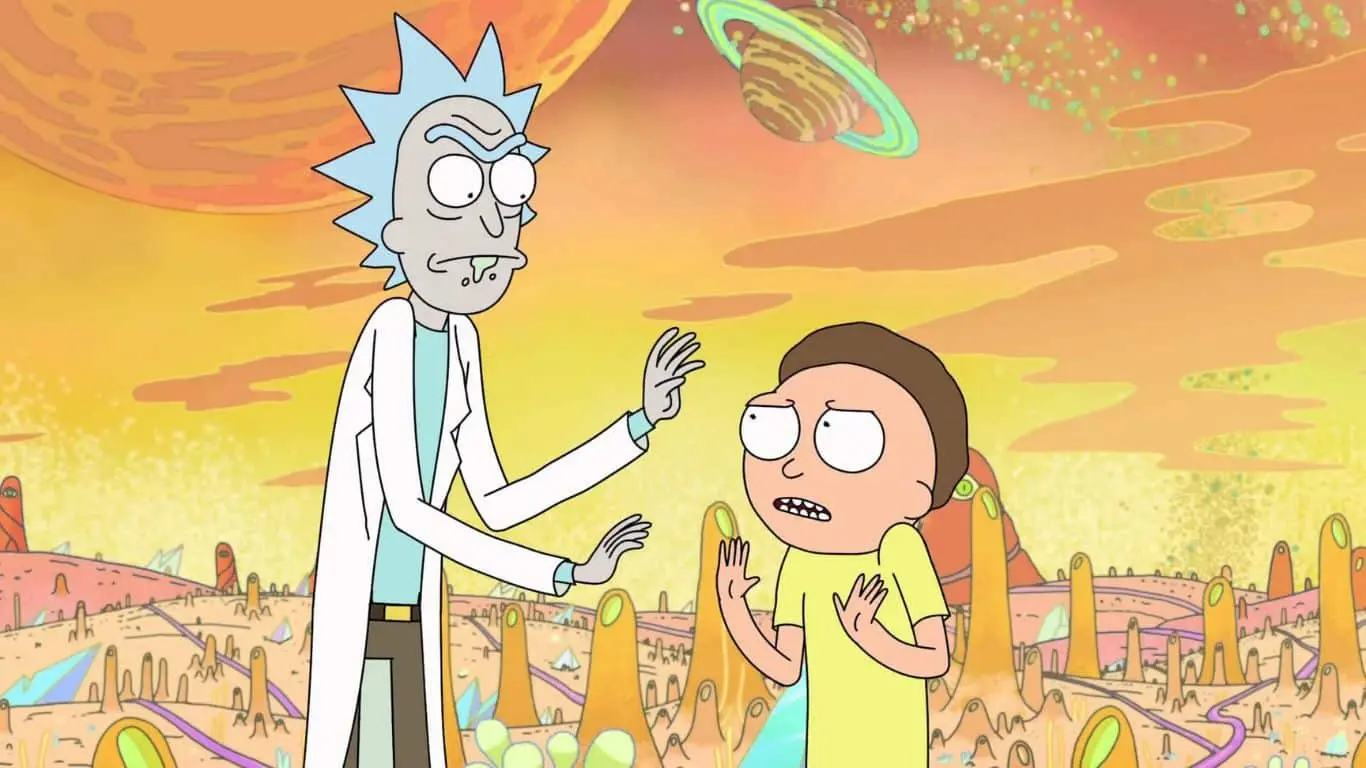
Premiering in 2013, the show follows the misadventures of an eccentric, alcoholic scientist named Rick Sanchez and his good-hearted but naive grandson Morty Smith. Whether they’re traversing inter-dimensional portals, combating aliens, or even confronting multiple versions of themselves, each episode presents an unpredictable foray into theoretical science and existential crises.
Balancing the zany escapades are moments of genuine human connection and dark themes that challenge viewers to ponder the ethics and ramifications of their choices. Its blend of sharp wit, visual creativity, and narrative complexity make “Rick and Morty” a seminal series in both animation and science fiction.
Neon Genesis Evangelion
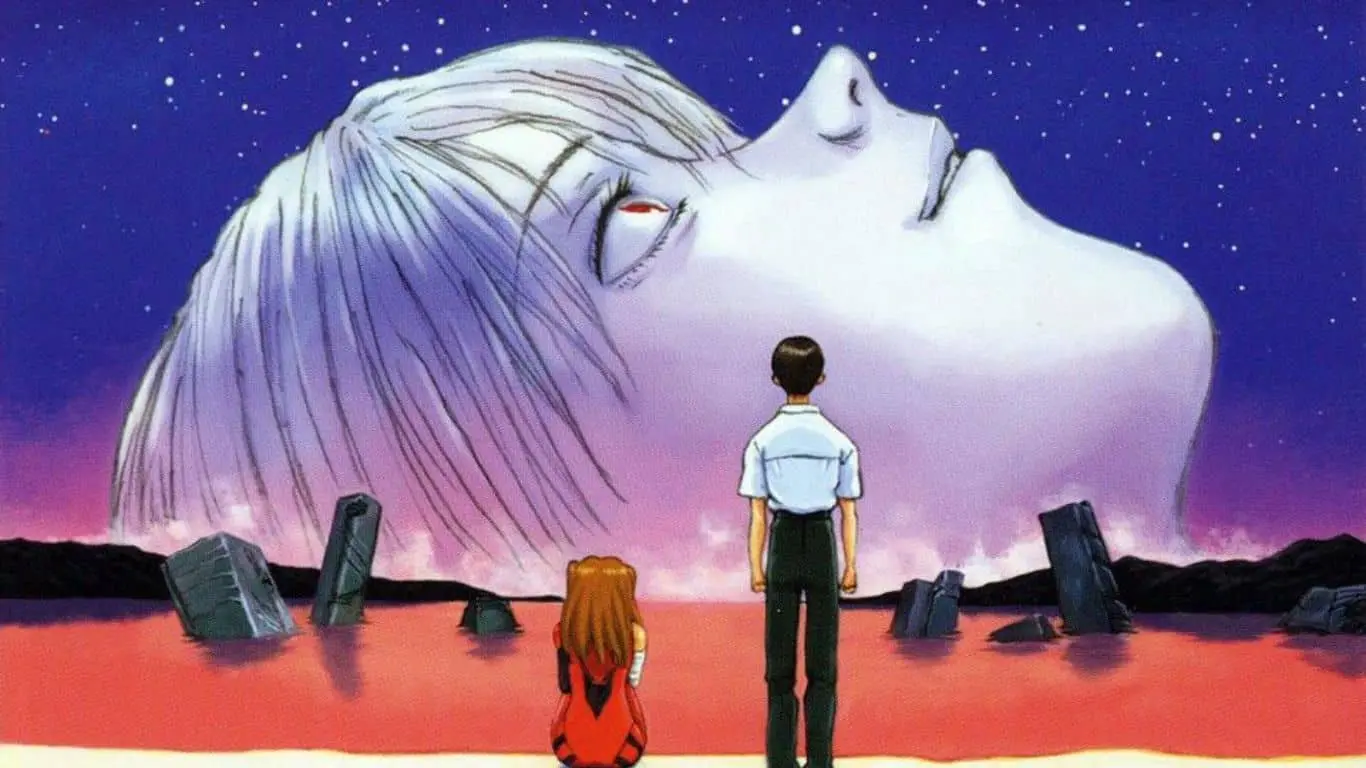
At first glance, it may seem like a conventional mecha show where teenagers pilot giant robots to defend Earth from mysterious entities known as “Angels.” However, it soon reveals itself as a complex psychological drama that delves deep into the human psyche and tackles existential despair. Its characters, notably Shinji Ikari, Rei Ayanami, and Asuka Langley, are far from archetypal heroes; they are deeply flawed individuals coping with trauma and searching for meaning.
Rich with religious symbolism and philosophical undertones, the series dissects themes of loneliness, identity, and the human condition, wrapped in high-stakes, apocalyptic tension. It’s a challenging but rewarding watch that has left an indelible mark on the landscape of anime and science fiction.
Futurama
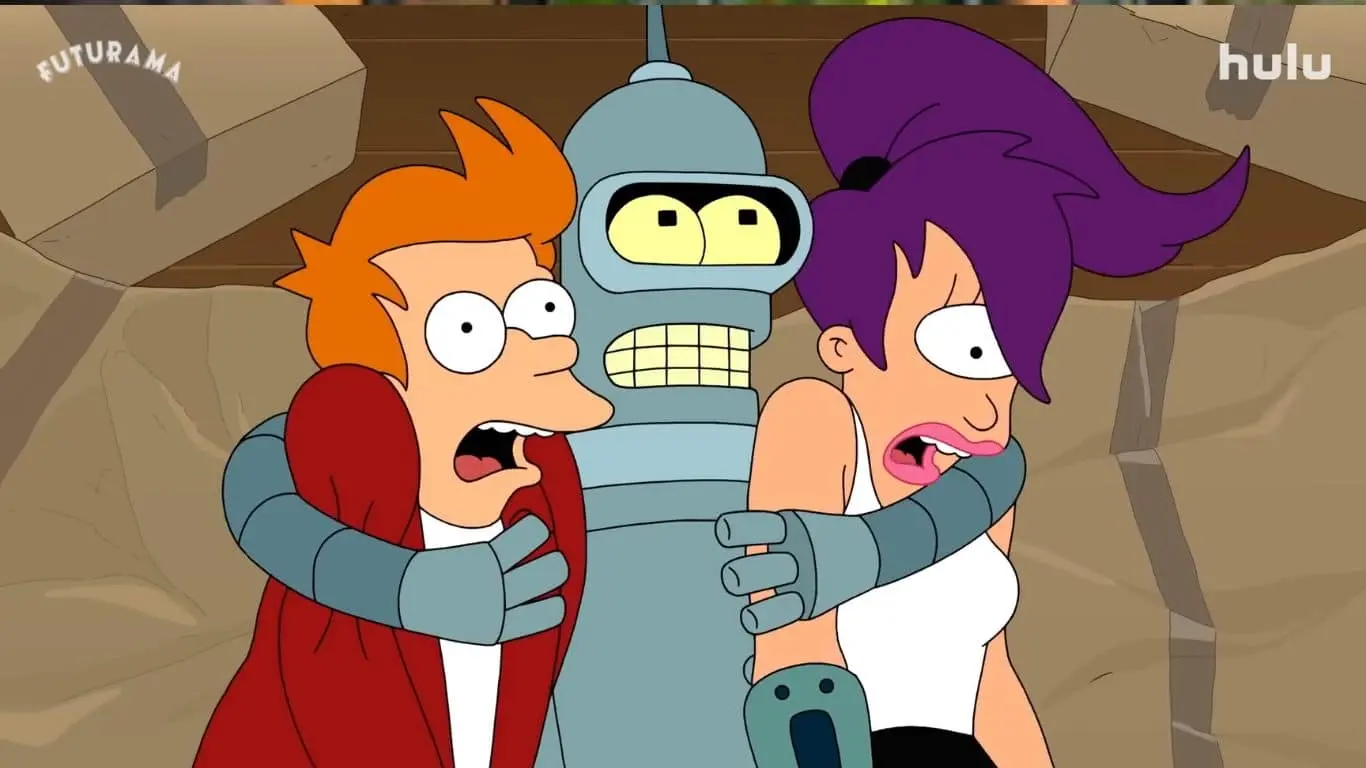
The series takes us on a journey with Philip J. Fry, a pizza delivery guy who is accidentally cryogenically frozen and wakes up a thousand years in the future. Alongside a cast of colorful characters, including Bender, a misanthropic robot, and Leela, a one-eyed mutant, Fry navigates a 31st-century world that is both hilariously absurd and poignantly reflective of our own.
What sets “Futurama” apart is its unique blend of comedic satire, emotional storytelling, and genuine science fiction themes, often delving into complex scientific theories and ethical conundrums. It’s a show that manages to make you laugh out loud one moment and ponder the complexities of existence the next, solidifying its place in the annals of iconic animated sci-fi series.
Dexter’s Laboratory

The show centers around Dexter, a child prodigy with his own secret, high-tech laboratory hidden in his suburban home. While Dexter engages in complex experiments aiming to better the world (or sometimes just to deal with everyday problems), he constantly battles interruptions from his older sister Dee Dee, whose whimsical antics often lead to chaotic, and humorous, outcomes.
Although aimed primarily at a younger audience, “Dexter’s Laboratory” is filled with clever nods to classic science fiction and even philosophical themes, subtly inviting viewers to think about ethical dilemmas and the responsibilities that come with scientific discovery. It’s a series that charmingly blends the innocence of childhood with the limitless possibilities of science fiction, making it a timeless classic for all ages.
Cowboy Bebop
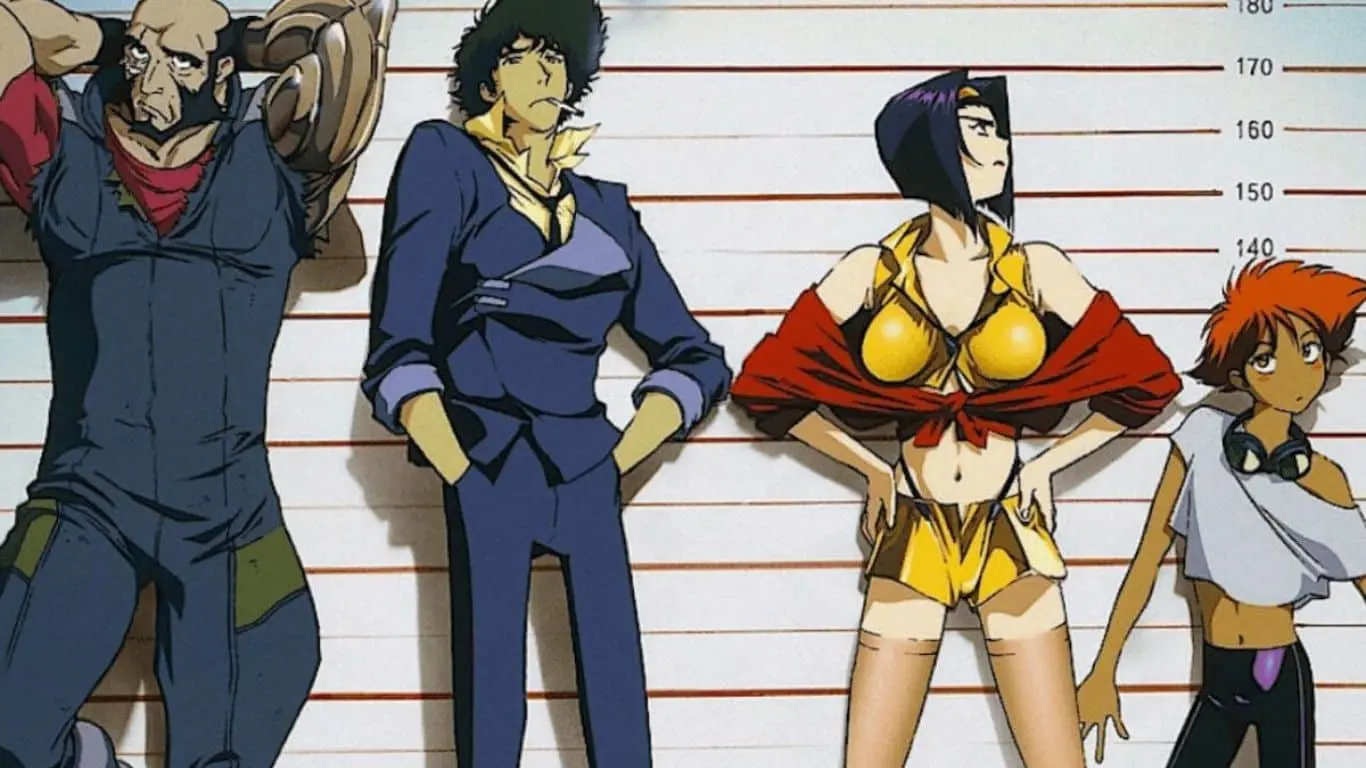
Set in a future where humanity has colonized other planets and moons in the solar system, the show follows a crew of bounty hunters—Spike Spiegel, Jet Black, Faye Valentine, and Edward Wong—as they navigate a life of danger, loneliness, and existential questioning. It’s a rich tapestry of genres, blending film noir, western, and space opera with a memorable jazz-infused soundtrack that sets it apart from other shows.
What makes “Cowboy Bebop” iconic is not just its slick animation and action sequences but also its deep, emotional storytelling. Each episode serves as a standalone narrative, yet contributes to the overarching themes of love, loss, and the search for meaning in a chaotic world. This anime series has been both a critical and commercial success, often cited as a gateway series for anime neophytes, and has left an indelible imprint on the genres of science fiction and animation alike.
The Jetsons

Set in a utopian future filled with flying cars, robotic maids, and other high-tech marvels, the show follows the daily life of the Jetson family—George, Jane, Judy, Elroy, and their pet dog Astro—as they navigate challenges that often arise from the misuse or malfunction of futuristic technology. While the series was initially short-lived, its cultural impact has been long-lasting.
The Jetsons portrayed a vision of the future that was optimistic yet filled with comedic pitfalls, subtly commenting on the American Dream in a new technological age. Over the decades, the show has been revived in various forms, including new episodes and films, and continues to be a beloved cultural icon. It offers both a nostalgic look back and a whimsical peek into a future that remains a part of our collective imagination, enduring as a cornerstone of animated science fiction.
Reboot
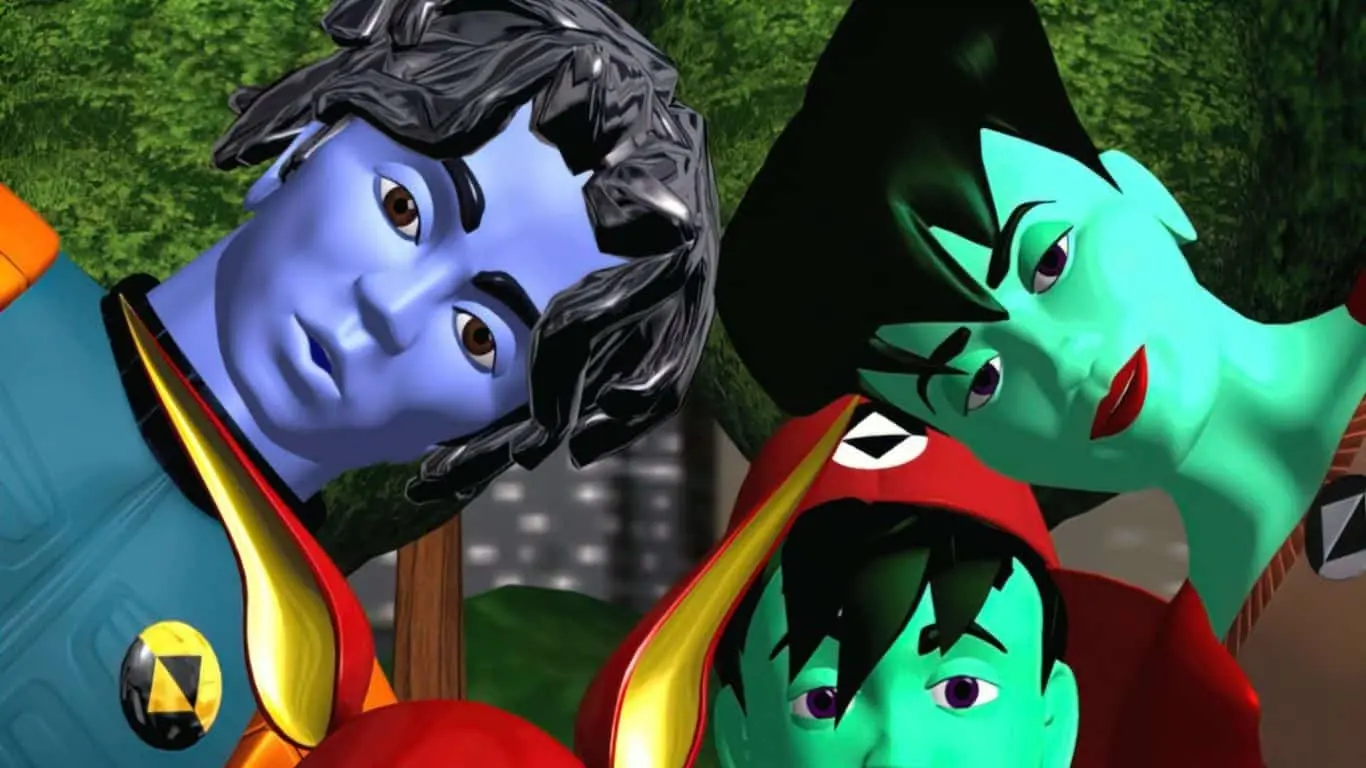
Created by Gavin Blair, Ian Pearson, Phil Mitchell, and John Grace, the show is set in the inner world of a computer system, aptly named Mainframe, where characters are programs navigating the challenges of system crashes, viruses, and incoming games installed by the unseen User. The show centers around Bob, a Guardian program designed to fend off threats to the system, alongside his friends Dot and Enzo Matrix.
The groundbreaking series dealt with complex issues like identity and ethical dilemmas in a digital age long before these themes became mainstream. Its visual style was revolutionary at the time, setting the stage for the future of computer-generated animation. While primarily aimed at younger audiences, “ReBoot” offered enough complexity and depth to captivate older viewers as well. Over the years, the show has gained a cult following.
Samurai Jack

Created by Genndy Tartakovsky, debuted in 2001 and quickly established itself as a groundbreaking series in both storytelling and animation style. The show follows Jack, a samurai flung into a dystopian future by the shape-shifting demon Aku. Stripped of his time and place, Jack embarks on a relentless quest to return to his own era and vanquish Aku once and for all. The series is remarkable for its minimalist dialogue, stunning visual landscapes, and intricate action sequences, often presented with a cinematic flair rarely seen in animation.
While the initial run ended in 2004, the show was revived for a final, darker season in 2017 to bring closure to Jack’s journey. Throughout its run, “Samurai Jack” managed to weave together elements of science fiction, mythology, and different world cultures into a cohesive and captivating narrative. Its themes of perseverance, morality, and the struggle between good and evil have made it a timeless classic, respected not just as a children’s show but as a work of art that transcends age and genre.
Adventure Time
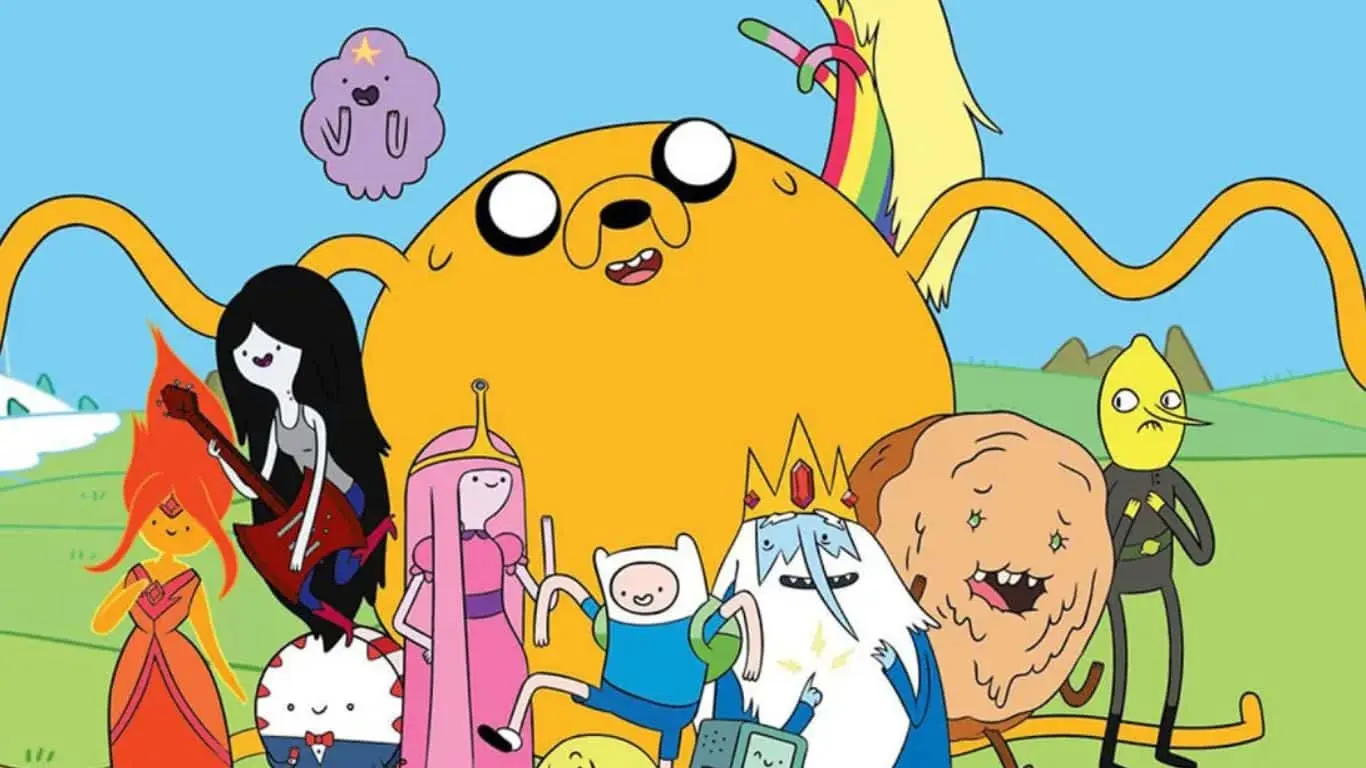
On the surface, it’s a whimsical tale of a boy named Finn and his best friend Jake, a shape-shifting dog, exploring the magical Land of Ooo. However, beneath its colorful, childlike exterior lies a series rich in complex themes, emotional depth, and even existential pondering. The world of Ooo turns out to be a post-apocalyptic Earth, a detail that enriches the show’s more serious undertones.
Throughout its run, “Adventure Time” ventured into narrative depths rare for animated series, touching on topics such as friendship, love, loss, and even the nature of reality itself. Its storytelling approach is so versatile that it can swing from laugh-out-loud humor to deeply touching moments in a matter of minutes. While initially targeted at children, the series garnered a large adult following thanks to its intricate plot, well-developed characters, and emotional maturity.
Invincible
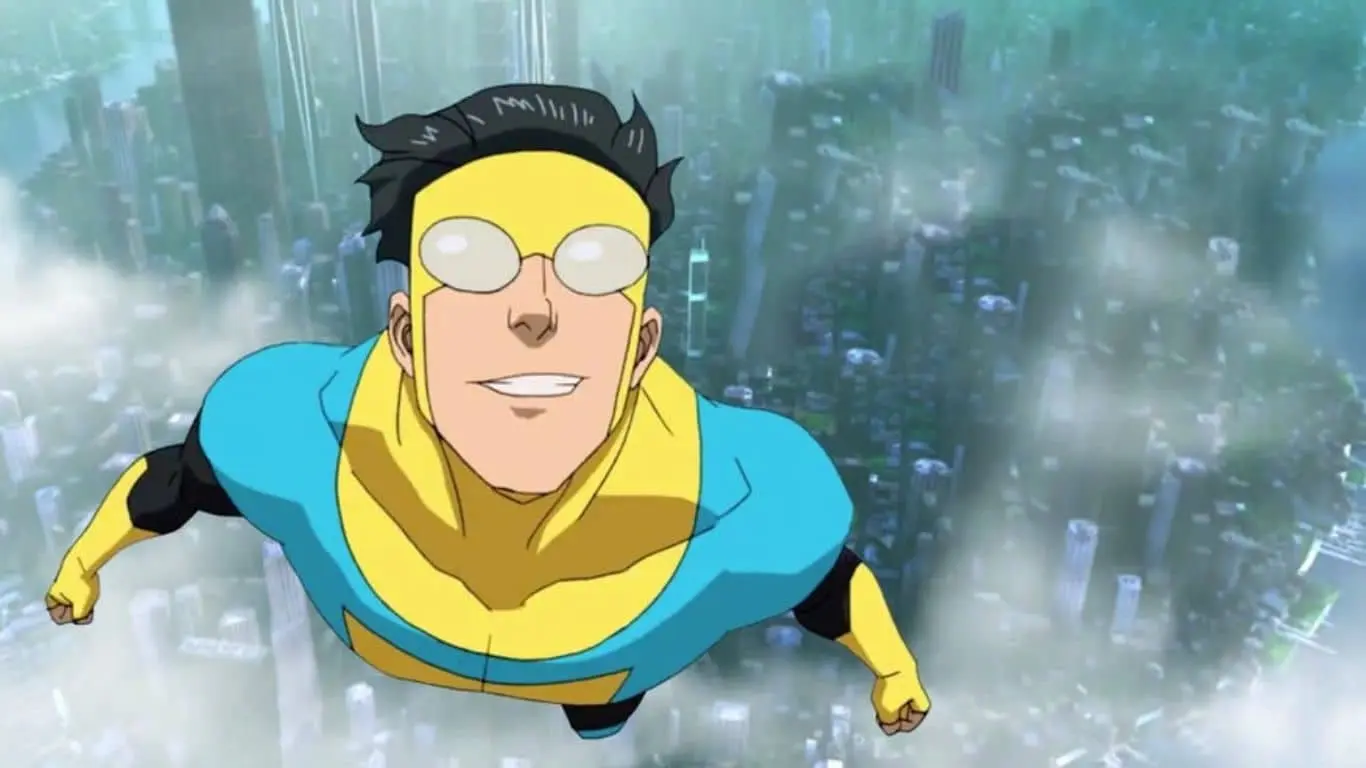
It subverts traditional superhero tropes, following 17-year-old Mark Grayson as he inherits superpowers from his father, Omni-Man, and takes up the mantle of Invincible. Initially appearing as a homage to classic superhero tales, the show quickly veers into darker and more mature themes, raising complex questions about morality, legacy, and the burdens of immense power.
The animation style pays tribute to its comic book origins while bringing a fresh vitality to the medium. What sets “Invincible” apart is its brutal honesty; it doesn’t shy away from the catastrophic consequences of superhero battles or the emotional toll it takes on its characters. Violence and vulnerability coexist, making it a gripping watch that is both emotionally and intellectually engaging. Its storytelling complexity, well-rounded characters, and willingness to confront uncomfortable truths elevate it to a narrative masterpiece in the animated sci-fi genre.
Also Read: 10 Best Kid’s Adventure Movies of All Time
